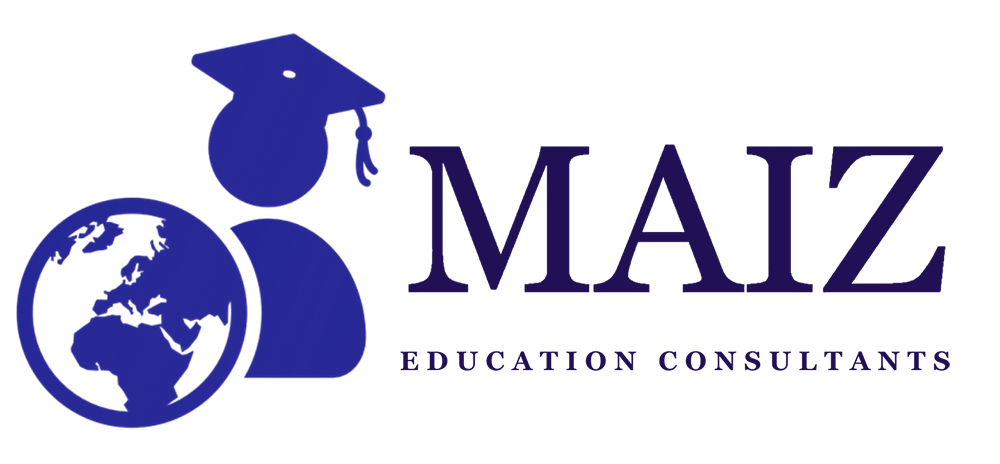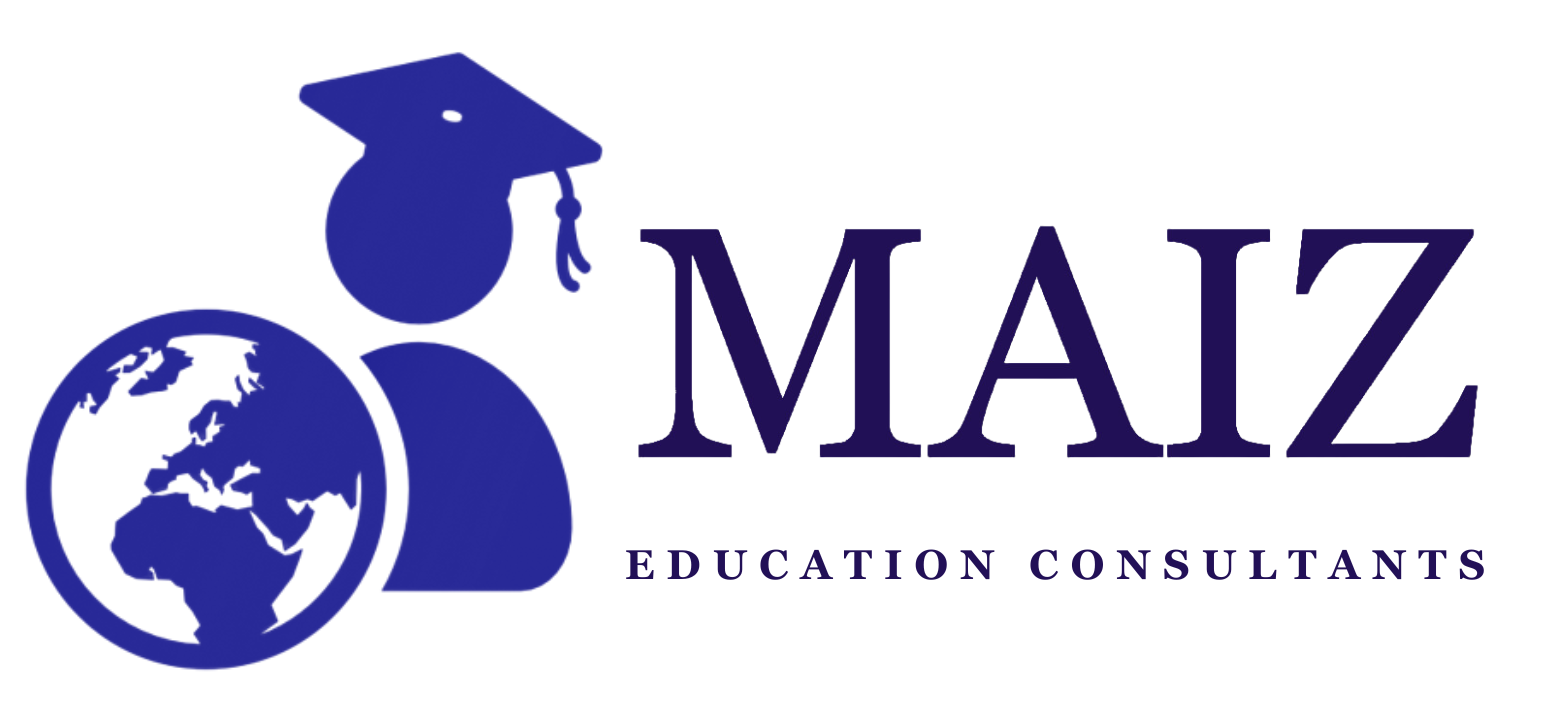Study Abroad - Canada Education Consultants in Dubai
STUDY IN CANADA
Study in Canada from Dubai - Your Guide to International Academic Pursuits
Canada has become an increasingly popular destination for international students seeking world-class education and a multicultural environment. This article will explore various aspects of life in Canada for international students, including the education system, accommodations, healthcare, and more. If you’re considering graduate studies in Canada and are based in Dubai, collaborating with education consultants in Dubai for Canada can provide valuable insights into the application process, admission requirements, and potential scholarship opportunities, ensuring a seamless transition into the Canadian education system. Study in Canada consultants can offer tailored guidance to help you make informed decisions as you embark on your academic journey in this diverse and welcoming country.

The Standard of Living of International Students in Canada
Studying in Canada is highly attractive to international students due to its excellent education system, diverse culture, and promising future prospects. Scholarships, part-time work options, and effective budgeting can help mitigate financial challenges.
Understanding the Canadian standard of living is crucial for international students. Factors such as income levels, housing quality, healthcare, and education influence this standard. Effective budgeting, community involvement, and engagement in campus activities significantly enhance the overall experience. Furthermore, prioritising mental and physical well-being contributes to a fulfilling student life. Postgraduate programs in Canada provides students with opportunities, such as work permits and pathways to permanent residency, further enhance the appeal of studying in Canada.
In conclusion, managing the cost of living effectively is essential to maintaining a good standard of living for international students in Canada. Despite financial challenges, the diverse culture, high-quality education, and potential for a future in Canada make it an appealing destination for higher education.
Navigating Permanent Residency for International Students in Canada
Canada has emerged as a prime destination for international students seeking quality education and diverse cultural experiences. For many, the prospect of making Canada their permanent home is an enticing one. In this article, we will delve into the process of attaining permanent residency for international students in Canada, exploring the steps and requirements involved.
Many provinces in Canada have their own Provincial Nominee Programs (PNPs), designed to attract and retain skilled individuals. International students can explore PNPs specific to the province where they studied. Nominations from a province can boost an applicant’s Comprehensive Ranking System (CRS) score in the Express Entry pool.
The Post-Graduation Work Permit (PGWP) is a crucial step towards permanent residency. After completing their studies, international students can obtain a PGWP, allowing them to gain valuable Canadian work experience. This experience enhances their eligibility for permanent residency through various immigration pathways.
Proficiency in English or French is a fundamental requirement for most immigration programs in Canada. International students should focus on improving their language skills during their studies, as higher language scores positively impact their Express Entry profile and overall eligibility for permanent residency.
The application process for permanent residency in Canada involves submitting a comprehensive application through the selected immigration program. It requires careful documentation of academic credentials, work experience, language proficiency, and other relevant information. Seeking assistance from an immigration consultant can streamline this process and ensure accuracy and completeness.
Unveiling Academic Excellence: Canada Universities for International Student
Canada’s universities are renowned worldwide for their high academic standards and rigorous educational programs. With a wide array of disciplines, international students have the opportunity to choose from an extensive range of courses that align with their interests and aspirations.
Canadian universities invest heavily in state-of-the-art research facilities, fostering innovation and groundbreaking discoveries. International students can engage in research initiatives, working alongside esteemed professors and scholars, thus enhancing their academic and professional growth.
One of the pillars of academic excellence is a distinguished faculty. Canadian universities boast internationally acclaimed professors and researchers, who bring a wealth of knowledge and expertise to the classroom. Interacting with such eminent professionals enriches the learning experience for international students.
Canadian universities emphasize hands-on, practical learning experiences, equipping students with real-world skills. This approach ensures that graduates are well-prepared for the challenges of the professional world, enhancing their employability.
Dreaming of Canada? Fill in the Form to Take the First Step!
General Enquires
Phone: +971567738860 & Email: info@edumaiz.com
Top Universities
- University of Toronto
- University of British Columbia
- McGill University
- McMaster University
- University of Montreal
- University of Alberta
- University of Calgary
- University of Ottawa
- Queen’s University
- Western University
- Simon Fraser University
- Dalhousie University
- University of Waterloo
- University of Manitoba
- Brock University
- University of Saskatchewan
- Carleton University
- Laval University
- Memorial University of
- Newfoundland
- York University
- University of Guelph
- Ryerson University
- Concordia University
- University of Victoria
- University of New Brunswick
- University of Windsor
- University of Regina
- University of Lethbridge
- Wilfrid Laurier University
- University of Prince Edward Island
- University of Northern British Columbia
- Trent University
- Mount Allison University
- Saint Mary’s University
- Acadia University
- University of Ontario Institute of Technology
- Cape Breton University
- Lakehead University
- Nipissing University
- Laurentian University
- Bishop’s University
- Brandon University
- Mount Saint Vincent University
Yes, international students in Canada can work part-time during their studies. The Canadian government permits students to work up to 20 hours per week during the academic sessions and full-time during scheduled breaks.
If you wish to extend your study permit in Canada, ensure you apply at least 30 days before the permit expires. The application process involves gathering necessary documents, completing the application form, and paying the required fee.
Yes, most provinces in Canada offer healthcare coverage to international students through their provincial healthcare plans. However, the coverage varies by province, and some may require you to have private health insurance.
To study in Canada, you may need to provide proof of proficiency in English or French, depending on the language of instruction of your chosen institution. Commonly accepted language tests are IELTS, TOEFL, and CELPIP
Yes, Canadian universities and various organizations offer scholarships, grants, and bursaries to international students based on academic excellence, financial need, or specific criteria. Make sure to research and apply for scholarships that align with your profile.
Yes, Canada provides opportunities for international students to stay and work in the country after completing their studies. The Post-Graduation Work Permit Program (PGWPP) allows eligible graduates to gain valuable work experience in Canada.
Yes, international students in Canada can apply for Permanent Residency (PR) through various immigration programs while studying. The most common route is the Express Entry system, which considers factors like age, education, work experience, and language proficiency. Other provincial nominee programs and post-graduation work permit opportunities also provide pathways to PR for students after completing their studies. It’s advisable to stay informed about eligibility criteria and immigration policies, seeking guidance from official sources or immigration consultants.
Yes, international students can study medicine in Canada. However, admission to medical schools in Canada is highly competitive, and the application process varies by province. Typically, students need to complete a pre-medical undergraduate degree, such as a Bachelor of Science, and then apply to a medical school for a Doctor of Medicine (MD) program. Additionally, international students must meet specific requirements, including high academic performance, completion of prerequisite courses, and often writing the Medical College Admission Test (MCAT). It’s crucial to check the admission criteria of individual medical schools and ensure compliance with immigration regulations for studying in Canada.
To study and work in Canada, first, secure admission to a Designated Learning Institution. Apply for a study permit, understand work permit regulations, and find on-campus employment opportunities. Consider co-op programs, apply for a Social Insurance Number, and explore post-graduation work permit options after completing your studies.
No, you generally cannot study in Canada with just a work permit. A study permit is required for international students to pursue academic programs in Canada. However, a work permit may be obtained in addition to a study permit, allowing students to work part-time during studies and full-time during scheduled breaks. It’s essential to check and comply with the specific regulations outlined by the Canadian immigration authorities.


